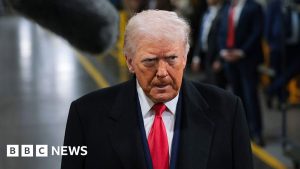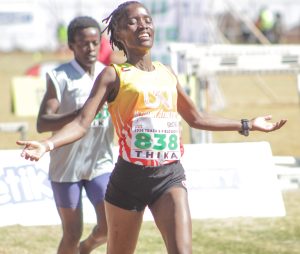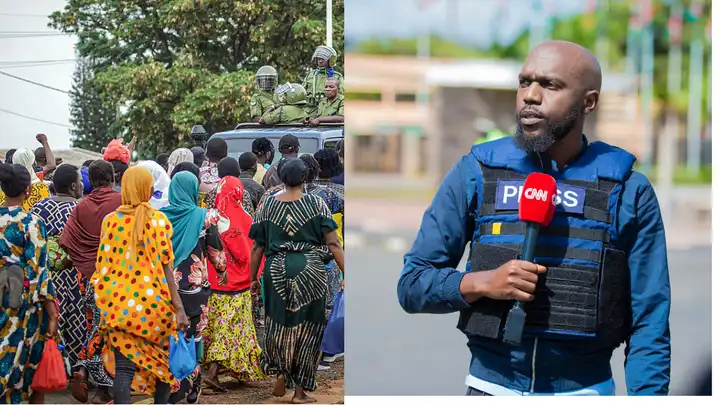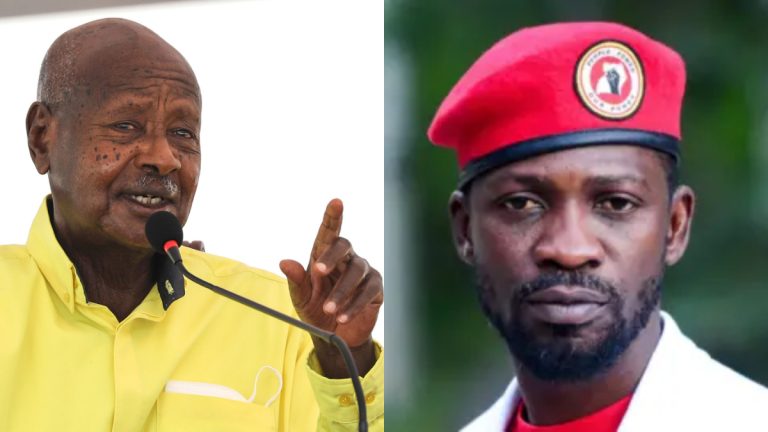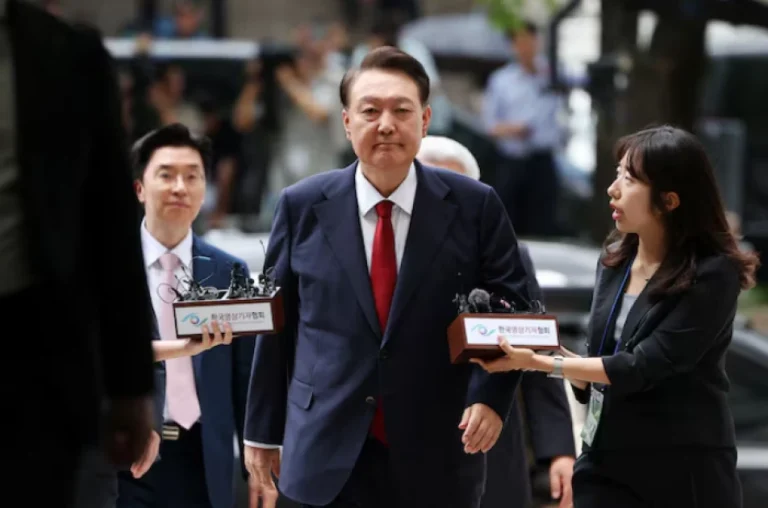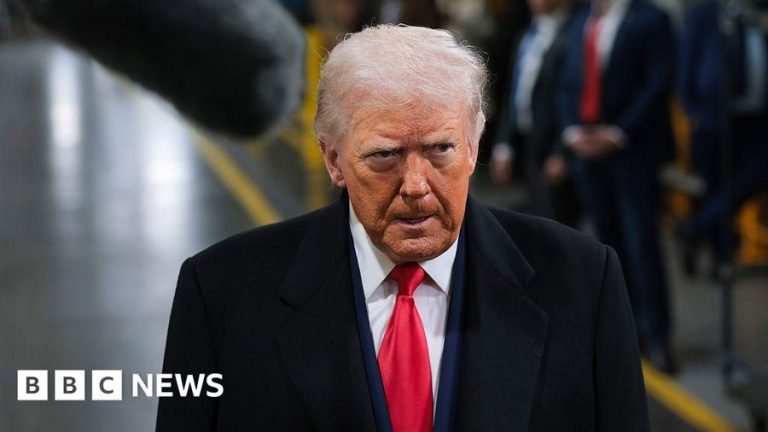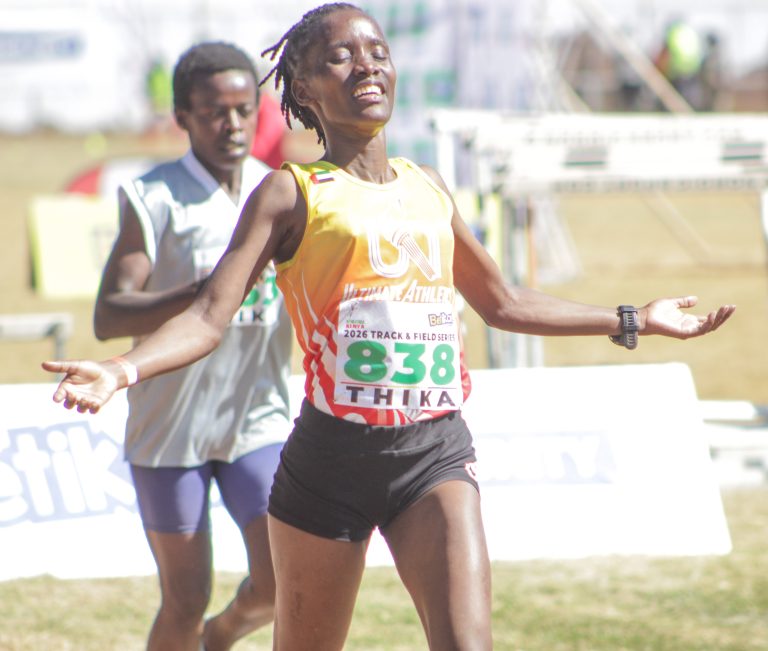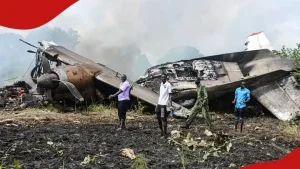CNN’s investigation into the conduct of Tanzanian police officers during and after elections has continued to evoke emotions across the globe. From left. Tanzanian women during protests. CC correspondent Larry Madowo. The exposé produced by seasoned journalist Larry Madowo laid bare the rampant cases of police brutality in Dar es Salaam and other major towns such as Mwanza. How many peole were killed in Tanzania? Over 3000 people were reportedly killed and hundreds injured during the skirmishes, Opposition leaders said in a statement. Reports of missing persons and bodies disappearing from the morgue have also been filed. The media in Tanzania has been silenced, making it impossible for families of victims to share their pain and frustrations.
CNN’s investigation lifted the lid on the deadly events that unfolded during the clashes. On Wednesday, November 26, Madowo disclosed that a Tanzanian mother, whose son had been missing since October 29, spotted him in the documentary for the first time. Despite the brief sigh of relief, the heartbroken mother is still uncertain if her son is alive or dead. A Tanzanian mother saw her son in this scene from our investigation. She has not been able to find him since 29th October and doesn’t know if he’s alive or dead,” said Madowo. Netizens trooped to Madowo’s page to demand answers from President Samia Suluhu’s government. Nelson Asano One person from the government said the report was AI-generated. Now, Larry Madowo, can they still hold the same opinion if a mother has claimed to spot her son in the report? We would love to hear the story Calbe Chauro: It’s unfortunate that some people can force themselves on others as if the country is theirs … You don’t force leadership. Allow others to air their grievances freely.
How did Tanzanian govt respond to CNN exposé? Tanzania’s government spokesperson, Gerson Msigwa, accused CNN of “publishing a one-sided story” but did not dispute the content and findings. Msigwa claimed the documentary was produced in an “unprofessional manner with the intention to incite the public against the government”. However, in a quick rejoinder, Madowo clarified that he had sought responses from Msigwa, the police, and the Ministry of Health, but none of them responded. On Tuesday, November 25, Tanzanian Prime Minister Mwigulu Nchemba declined to disclose the exact number of people who were killed during the clashes. Nchemba claimed doing so would be tantamount to recelbrating death and mocking bereaved families. However, a section of the youth and human rights groups is still piling pressure on the government to come clean on the atrocities that were committed on the election day or face a second wave of protests on December 9, the country’s Independence Day.
By Masolo Mabonga


